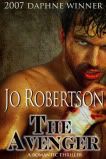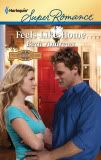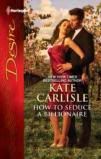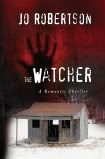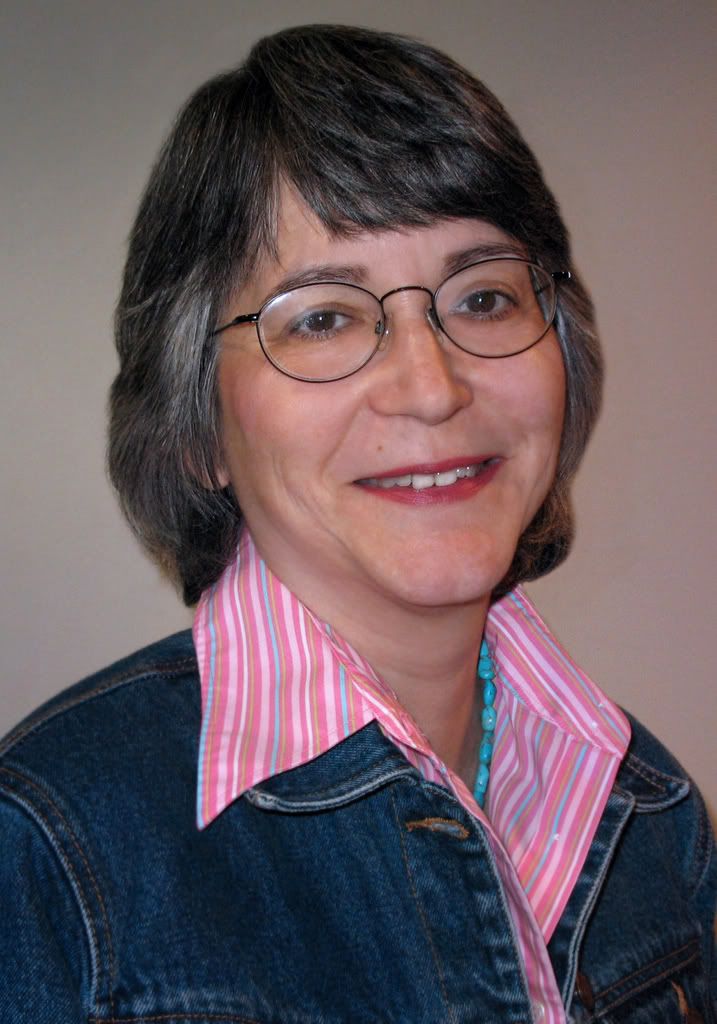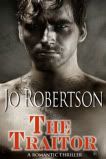The poet Andrew Marvell coined that phrase, "worlds enough and time," in the poem "To His Coy Mistress," in which the narrator urges the lady to join him in seizing their pleasures like "amorous birds of prey." I admit I had to look up the phrase to see where it came from and was surprised by the context. I've often heard it but not applied to affairs of the heart. It often strikes me in places like Michaels. Or Home Depot. Or Idea Island. I can wander around any of those places for hours.
 I'm not skilled at crafts, as many of the banditas are. I have about as much experience with a glue gun as with a howitzer, which is to say none, and the thought of handling either makes me vaguely nervous. At least with the hotwitzer, I could presumably blow up something. Maybe even whatever I was trying to hit. The glue gun, I fear, would result only in a mess. Still, I'm happy to wander the aisles of Michaels. When I take the boy there to buy material for school projects, I drift through the store admiring colored paper and silk flowers and fake gemstones and canvases and paints and frames and think what pretty things could be made with them. By someone else.
I'm not skilled at crafts, as many of the banditas are. I have about as much experience with a glue gun as with a howitzer, which is to say none, and the thought of handling either makes me vaguely nervous. At least with the hotwitzer, I could presumably blow up something. Maybe even whatever I was trying to hit. The glue gun, I fear, would result only in a mess. Still, I'm happy to wander the aisles of Michaels. When I take the boy there to buy material for school projects, I drift through the store admiring colored paper and silk flowers and fake gemstones and canvases and paints and frames and think what pretty things could be made with them. By someone else.I last visited Michaels to buy cellophane wrap and a basket for the Lair's offering in the RWA raffle. They had no baskets that were both large and pretty. I called Cassondra since she had volunteered to take what I found and arrange the various contributions in an artistic and appealing manner, as Beth did last year.
"Try the storage boxes," she said.
"They're all tiny," I told her.
"No, no, in another part of the store. Look in keepsakes."
Between me and the keepsakes section were lots of fake flowers, pretty vases, jewelry kits, etc., all very appealing. I'm sure Cassondra learned way more than she cared to know about that particular store's offerings. I did eventually find the boxes, but we decided they weren't big enough. The pubbed banditas have many, many books among them and contributed quite a few to the raffle. (For those who care, I eventually found a suitable basket at Tuesday Morning, which did not have project supplies but did have bargains, always appealing to those of us of Scots-Irish descent.)
There's just so much potential in Michaels. It ignites my imagination. I can just see those lovely craft projects all finished, gracing a sideboard or a bookcase in our house. Only my awareness of the steps between vision and completion, and of my ineptness therewith, restrains me.
 Someday, when I have worlds enough and time, I'm going to become good at crafts. I am. It would be very satisfying. In junior high and high school, I made a lot of my clothes, and I loved doing it. Fabric stores were every bit as enthralling as Michaels, and I knew what I was doing with the sewing thing. I could set in a sleeve and make a zipper lie flat. The last garment I made was a bridesmaid dress with ruffles at neck and hem, eight yards of fabric in the skirt, and a sheer overdress. It was pretty, it turned out well, if I do say so, and I was proud to wear it down the aisle.
Someday, when I have worlds enough and time, I'm going to become good at crafts. I am. It would be very satisfying. In junior high and high school, I made a lot of my clothes, and I loved doing it. Fabric stores were every bit as enthralling as Michaels, and I knew what I was doing with the sewing thing. I could set in a sleeve and make a zipper lie flat. The last garment I made was a bridesmaid dress with ruffles at neck and hem, eight yards of fabric in the skirt, and a sheer overdress. It was pretty, it turned out well, if I do say so, and I was proud to wear it down the aisle.Of course, I used to say I was going to become a really good cook someday, and then I married the dh, who not only already was a really good cook but enjoyed it. He still does. I do not enjoy it. Unless it's baking and chocolate is involved (and the Evil Soft Ball Stage is not).
 Then there's Home Depot, another wellspring of imagination-igniting potential. I'm pretty decent with a saw, a hammer, and a tape measure. I know how to use a level. My father had only daughters, and he saw no reason we should not assist with his various projects. Plus I love the opportunities for redecorating, the idea of replacing, say, the cheapo sink unit in the boy's bathroom with something nicer (but still prefab since none of us has the skills to make such a thing). Budget's the issue there, rather than time, but we'll get to it one of these days. We've put home improvements on hold in favor of tuition, but that bathroom's at least going to be painted before he leaves home.
Then there's Home Depot, another wellspring of imagination-igniting potential. I'm pretty decent with a saw, a hammer, and a tape measure. I know how to use a level. My father had only daughters, and he saw no reason we should not assist with his various projects. Plus I love the opportunities for redecorating, the idea of replacing, say, the cheapo sink unit in the boy's bathroom with something nicer (but still prefab since none of us has the skills to make such a thing). Budget's the issue there, rather than time, but we'll get to it one of these days. We've put home improvements on hold in favor of tuition, but that bathroom's at least going to be painted before he leaves home. Then there's Idea Island, the place writer brains go when a story idea strikes. I have more ideas than I have time to write. Lots of writers do. Believe it or not, I even have some ideas that do not involving anything blowing up. But I have to step back from them, write down just enough to preserve them, and keep my focus, or I'd never get anything done.
Then there's Idea Island, the place writer brains go when a story idea strikes. I have more ideas than I have time to write. Lots of writers do. Believe it or not, I even have some ideas that do not involving anything blowing up. But I have to step back from them, write down just enough to preserve them, and keep my focus, or I'd never get anything done.Yet those ideas tend to spin a web at idle moments--when I'm washing dishes or folding laundry or waiting in a checkout line. And some of them pop up again, insistently, when I'm stuck on the wip. And sometimes they fit. Those are truly great moments. Like putting on, for the first time, a finished garment you've made. Or finishing the clasp on a necklace you've created (I imagine) or driving the last nail into something you've built.
I would love to do all those things. Had I but worlds enough and time.
What would you learn to do (or return to doing) if you had worlds enough and time?

























